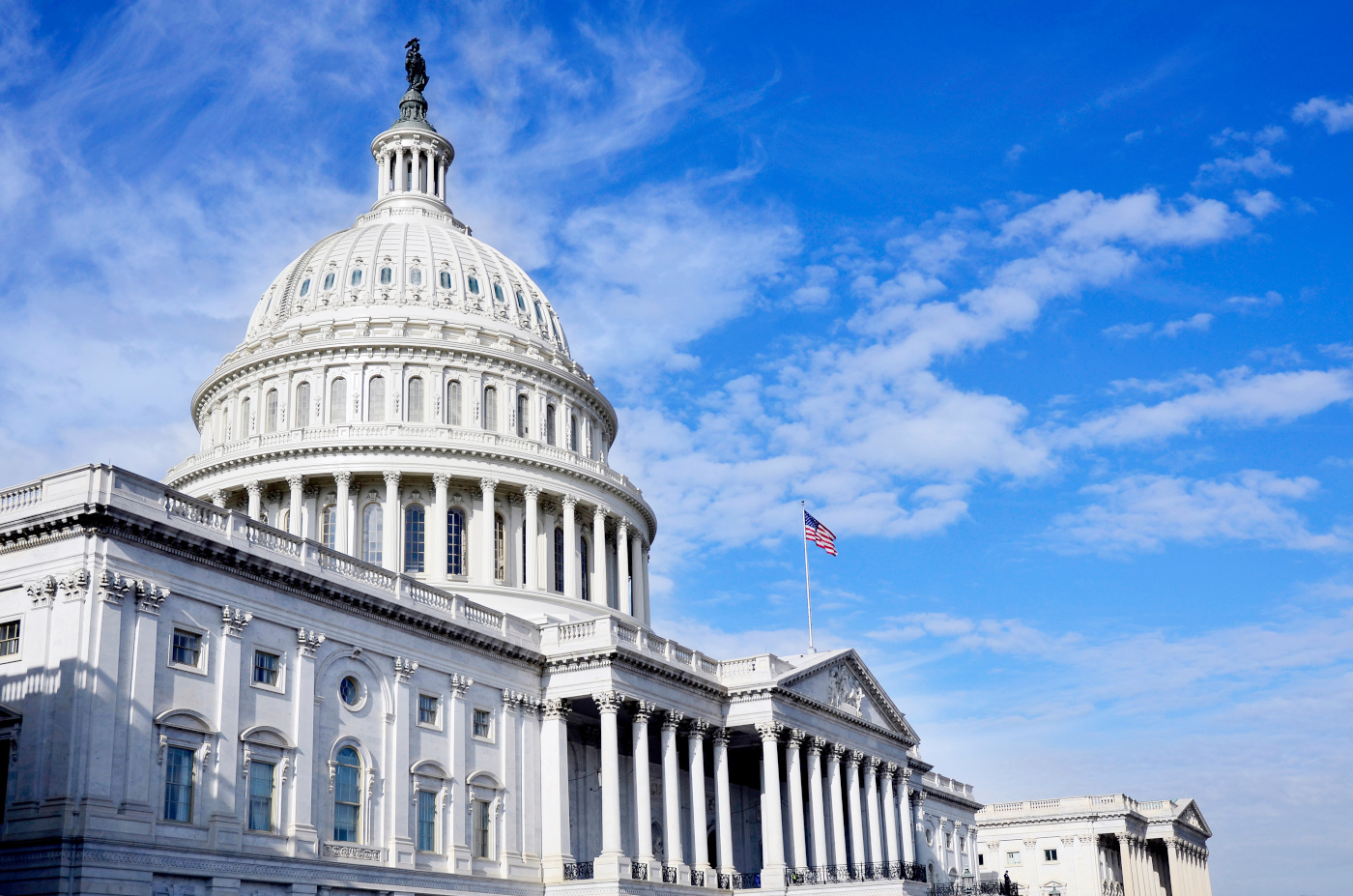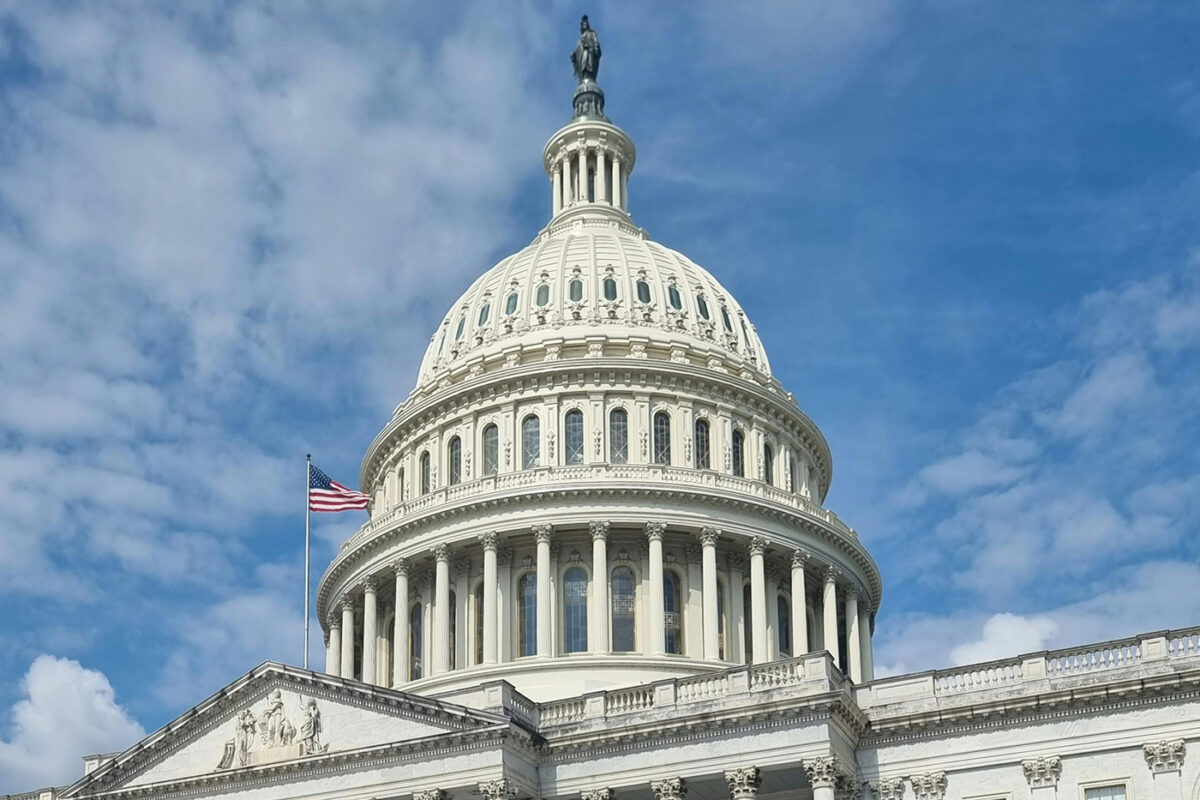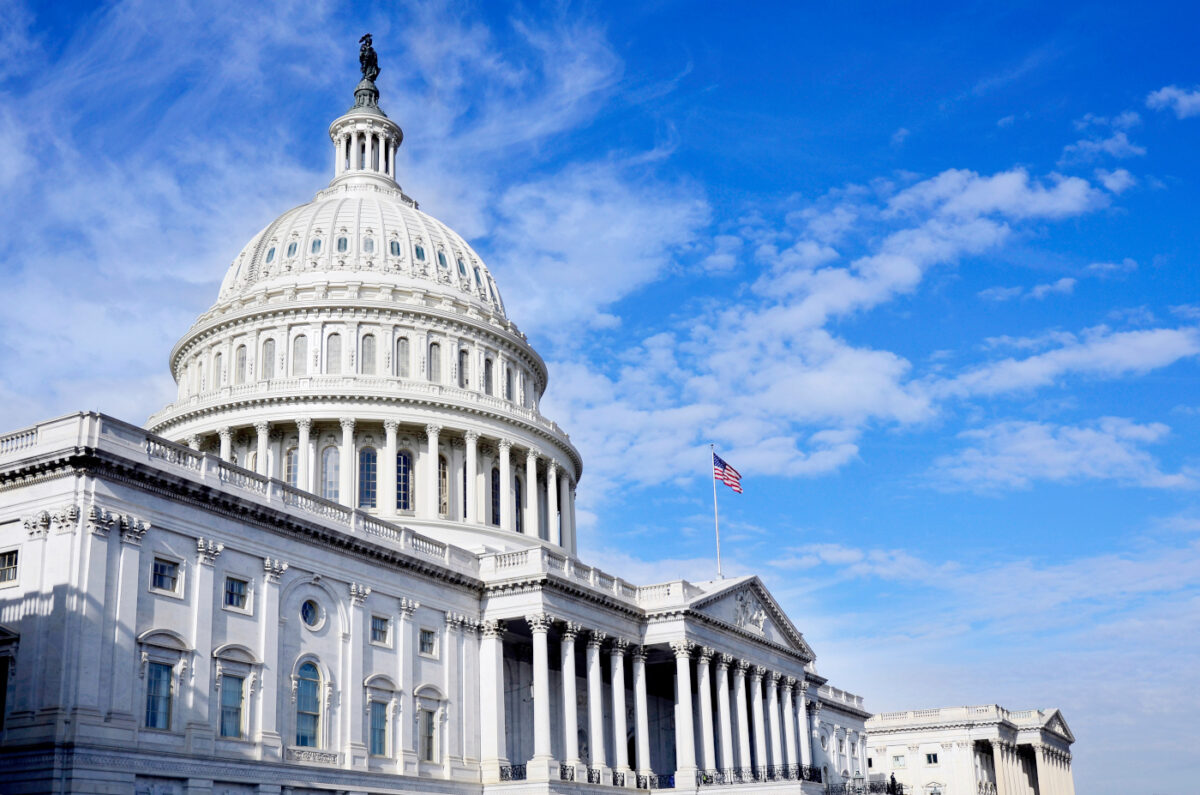
Authors
Elizabeth (Izzy) Montgomery, MPA
Health Policy Analyst
Sarah Khatib
Health Policy Analyst
Contact
ACHI Communications
501-526-2244
jlyon@achi.net
Arkansas has a lot at stake in the current federal budget discussions. In both the House and Senate versions of the budget bill, Congress shows a clear intent to reduce federal expenditure on health care, shifting financial responsibility for Medicaid and other federal programs to states and local communities.
The Senate has now passed its version of the budget bill, which is expected to be quickly deliberated by the House in the coming days. Provisions in both the House- and Senate-passed versions of the bill are expected to considerably affect enrollment in Arkansas Medicaid and the Health Insurance Marketplace, in turn affecting access to care and, ultimately, health outcomes. Medicaid enrollment in expansion states — which include Arkansas — could be reduced by 14%, according to a KFF analysis of Congressional Budget Office projections of the House-passed bill’s impacts. Provisions in the budget bills, combined with the expiration at the end of this year of enhanced financial assistance to purchase private coverage through the Health Insurance Marketplace, could reduce individual insurance market enrollment by between 47% and 57%, according to actuarial firm Wakely. For more information about the Medicaid-specific provisions under consideration, see the table below.
Medicaid-Specific Provisions in House and Senate Budget Bills and Arkansas Impacts
| Provision | Current Law | House Version | Senate Version | Arkansas Impacts |
|---|---|---|---|---|
| Medicaid Work Requirements | Current law prohibits conditioning Medicaid eligibility on meeting a work or reporting requirement, although states can request waivers to allow them to implement work requirements in their Medicaid programs. | By the end of 2026, states must implement work requirements for adults in Medicaid expansion programs. Enrollees must work or participate in qualifying activities for at least 80 hours per month, with exemptions for parents of dependent children and the medically frail. A person who is denied or disenrolled due to failing to show compliance is also ineligible for subsidized marketplace coverage. | Roughly the same as House-passed bill, except: • Limits exemption for parents of dependent children to those with children 13 or younger, instead of all parents of dependent children. • Exempts a state from compliance until December 31, 2028, if the state is demonstrating a good faith effort to comply. | Arkansas has requested a waiver to allow it to implement a Medicaid work requirement. In June 2018, Arkansas became the first state to implement a Medicaid work requirement. A federal judge blocked the requirement in March 2019, by which time 18,000 people had been disenrolled from Arkansas’s Medicaid expansion program. |
| Medicaid Eligibility Determinations | States must renew all beneficiaries’ Medicaid eligibility at least once every 12 months, or sooner if a state receives information about a change in a beneficiary’s circumstances. | Beginning in 2027, states must conduct eligibility redeterminations at least every six months for Medicaid expansion enrollees. | Same as House-passed bill, but also requires the health secretary to issue guidance within 180 days of enactment. | Arkansas currently conducts eligibility determinations annually. |
| Medicaid Out-of-Pocket Costs | States may charge some Medicaid beneficiaries premiums and require cost sharing, with out-of-pocket costs capped at 5% of household income. Providers may deny services for unpaid copayments in some cases. | Beginning October 1, 2028, states must impose cost sharing of up to $35 for Medicaid expansion enrollees with incomes of 100-138% of the federal poverty level. Explicitly exempts primary care, mental health, and substance use disorder services from cost sharing; maintains existing exemptions of certain services from cost sharing; and limits cost sharing for prescription drugs to nominal amounts. | Same as House-passed bill, except that cost sharing for non-emergency services provided in a hospital emergency department is allowed to exceed $35. | Existing copays for Medicaid expansion enrollees range from $4.70 to $9.40, depending on the service (including specialists). Emergency services for Medicaid expansion enrollees currently are exempt from copays. |
| Coverage for Lawfully Present Immigrant Children and Pregnant People and State-Funded Coverage of Undocumented Immigrants | Many immigrants must wait five years after gaining qualified status before enrolling in Medicaid, but states can waive this for lawfully present children and pregnant women. Thirty-nine states and the District of Columbia had adopted this option as of May 2025. Undocumented immigrants remain ineligible for federally funded Medicaid. | Effective October 1, 2027, reduces the expansion match rate from 90% to 80% for states that provide health coverage or financial assistance, including using their own funds, to purchase health coverage for immigrants who do not have qualified status and who are not lawfully residing immigrant children or pregnant adults covered under the Medicaid option for these groups. | No comparable provision. | Arkansas currently provides coverage to lawfully residing immigrant children and pregnant women. House version of bill exempts states providing Medicaid coverage to lawfully residing immigrant children and pregnant women from penalty, but does not exempt states doing the same under CHIP; Senate bill has exemptions for Medicaid and CHIP. Because Arkansas has a separate CHIP program, it would either be subject to a lower match rate or have to drop coverage for lawfully residing immigrant children under the House version. |
| Medicaid Provider Taxes | States can fund the non-federal share of Medicaid using sources such as provider taxes, but federal rules require these taxes to be broad-based and uniform and do not allow states to guarantee that providers will receive their tax payments back unless the payments fall under a “safe harbor” threshold of 6% of net patient revenue. | Prohibits states from establishing any new provider taxes or increasing the rates of existing taxes. Revises the conditions under which states may receive a waiver of the requirement that taxes be broad-based and uniform, such that some currently permissible taxes, such as those on managed care plans, will not be permissible in future years. Effective upon enactment, but states have up to three fiscal years to end existing arrangements that are no longer permissible. | Reduces the safer harbor threshold for states that have adopted Medicaid expansion by 0.5% annually, beginning in fiscal year 2028 and ending when the safe harbor limit reaches 3.5% in fiscal year 2032. New limit applies to taxes on all providers except nursing facilities and intermediate care facilities. Senate amendments added a $50 billion fund to help mitigate the impact on rural hospitals of provider tax changes. | A Medicaid expansion state, Arkansas relies on provider taxes for its state match and has at least two provider taxes that exceed 5.5% of provider net revenues (nursing facilities and intermediate care facilities). In state fiscal year 2025, provider taxes generated the following amounts to help pay for the state’s share of Medicaid costs: • Hospital assessment fee: $111,721,490 • Medical transport assessment fee: $7,184,495 • Quality assurance fee: $100,210,884 • Intermediate care facility provider tax: $9,707,314 |
Table adapted in part from KFF’s “Health Provisions in the 2025 Federal Budget Reconciliation Bill.”






